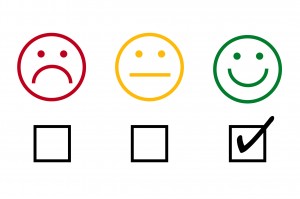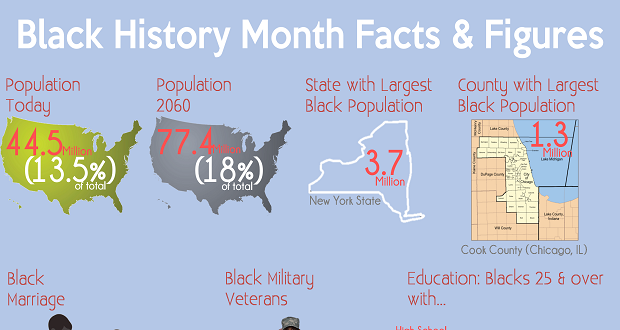 Most major companies conduct an annual engagement survey to gauge the opinions of employees. Those who specialize in engagement say that engaged employees have ownership; feel a deep sense of attachment to the organization, their work, and who they work for; and willingly exert discretionary effort. As a matter of fact, there is a strong correlation between inclusion and engagement. A study conducted by Gallup in 2005 showed that 60% of workers with the highest workforce diversity scores were engaged. Only 11% with the lowest workforce diversity scores were engaged.
Most major companies conduct an annual engagement survey to gauge the opinions of employees. Those who specialize in engagement say that engaged employees have ownership; feel a deep sense of attachment to the organization, their work, and who they work for; and willingly exert discretionary effort. As a matter of fact, there is a strong correlation between inclusion and engagement. A study conducted by Gallup in 2005 showed that 60% of workers with the highest workforce diversity scores were engaged. Only 11% with the lowest workforce diversity scores were engaged.
However, I have been troubled by what I have been hearing from several individuals about how honest employees may be on the surveys. Here are four different sentiments from different organizations:
- One organization that had low engagement scores from women and people of color put together task forces comprised of these groups to better understand what was behind the lower opinions and to come up with ways to improve the situations. Those who participated felt that the participation on the task force was an extra “job”, leading to a feeling of being “used” and overworked. There was agreement among task force members that they would no longer be honest on the engagement survey. They would henceforth only give high scores.
- In another organization, there is a fear of disclosure as there are so few people of color in the organization. One individual said, “I am the only senior director in marketing. There is no way that I can be ‘anonymous’.” When I related this to one of my colleagues who holds a high level position in an organization, she agreed and said that she does not even complete the survey for fear of being identified. Even though most organizations will not reveal results for groups within the organization of less than a certain number of people, there is obviously still a concern about being identified.
- At another company the organization is fanatic about promoting a positive culture. Anybody who voices concerns risks being labeled as “anti-culture”. Only positive input is rewarded. Negative sentiments about anything are not welcome. As a result, the HR leaders believe that they are not getting “honest” feedback on the engagement survey.
- In working with one client, the engagement survey showed very positive trends among all groups. However, when I had the opportunity to conduct focus groups and get anecdotal unsolicited information, I heard a very different story than what the survey results portrayed.
I think this means that we have to be careful believing that the engagement survey tells an accurate picture of how well D&I efforts are going. I would suggest that you use the engagement survey results cautiously and combine them with other data such as turnover, promotion, and qualitative information from focus groups, town hall meetings etc. Study the inconsistencies that you might find and understand how the culture may influence how safe employees feel in being honest.



















Good article and I agree with you suggestion. The problems mentioned in the article are very common. Staff engagement is one element of my climate studies. In doing general climate studies and assessments, I think that it is important to use a variety of vehicles to get a more accurate and complete picture of how employees and their clients see the organization. This multi-modal approach includes surveys but also involves a variety of interview formats, observations, review of print and electronic materials, etc. In so doing, I am better able to cross-validate comments and responses.